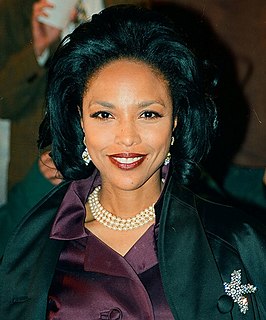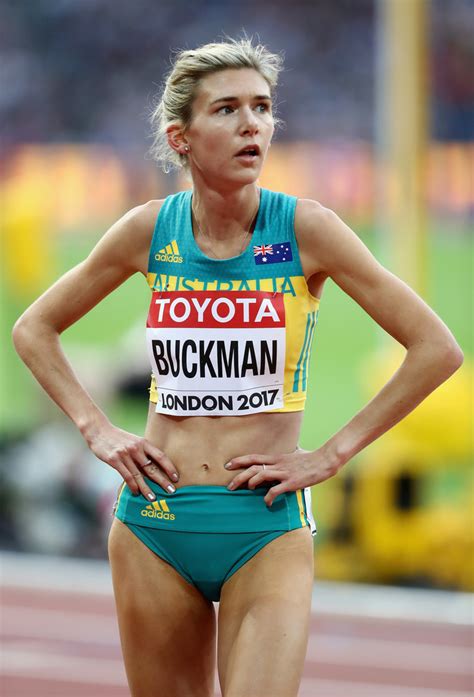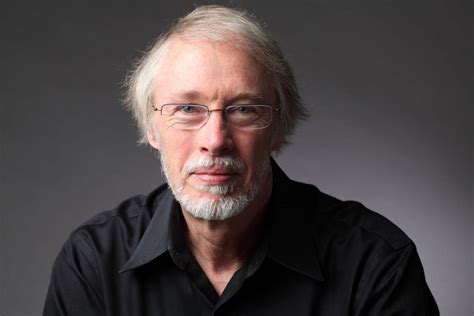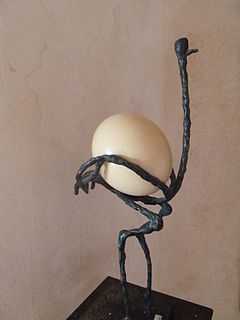A Quote by Lynn Whitfield
I wouldn't want to be a mother that put blinders on and didn't see what was going on with my child. There can be huge consequences to such a thing.
Related Quotes
It is a view of God that compensates every thing else, and enables the soul to rest in His bosom. How, when the child in the night screams with terror, hearing sounds that it knows not of, is that child comforted and put to rest? Is it by a philosophical explanation that the sounds were made by the rats in the partition? Is it by imparting entomological knowledge? No; it is by the mother taking the child in her lap, and singing sweetly to it, and rocking it. And the child thinks nothing of the explanation, but only of the mother.
The mother, the father and the child have to come into a sacred relationship. The mother must see the father and the child as a holy and sacred person. The father must see the mother and the child as a holy and sacred person. And then the child can see the mother and the father as God, which is the way it should be, as a sacred being.
You have to understand that I'm a child of the second generation, which means my mother was in Auschwitz, and the aunt of my mother was in Auschwitz with her; my grandmother and grandfather died there. So yes. All of those gestures they work for you, or for them, to fill their time or not feel their anxiety. But the child feels everything. It doesn't make the child secure. You put the child in a jail.
A child, thought Carl, is not the only result of childbirth. A mother, too, is born. You see them every day--nondescript women with a bulge just above the groin, slightly double-chinned. Perpetually forty. Someone's mother, you think. There is a child somewhere who has made this woman into a mother, and for the sake of the child she has altered her appearance to better play the part.
As more and more people recognize the level of violence involved and the consequences of CTE [chronic traumatic encephelopathy, a degenerative brain disorder], they're obviously going to say "We don't want this to be a part of culture." And they overlook the fact that there's a huge swath of the populace where physicality is still a real common thing.
If you are female, and conditions are otherwise apt, you are supposed to decide whether you want to become a mother by thinking carefully about whether you really want to have a child of your very own, what it would be like to be a mother, whether this is something you really want and will be happy with, etc. In general, you are supposed to evaluate whether you should have a child largely on the basis of what you think it will be like for you to have a child.
We didn't have a backyard, so as I child, I would turn the coffee table into a stage and put on shows. But it was just a fun thing to do; I never thought about it as a profession. That started as a fluke; my mother had a friend who was an artist with a theater company, and I started going there after school because my mom knew I'd be safe.
My mother got sick when I was rich. And my mother, you know … I don’t really want to get into it, but my mother was sicker than my father. And my mother’s alive. My mother’s fine, OK? I remember going to the hospital to see my mother and wondering, ‘Was I in the right place?’ Like, this was a hotel. Like it had a concierge, man. If the average person really knew the discrepancy in the health care system, there’d be riots in the streets, OK? They would burn this m-therf—ker down!
The myth of independence from the mother is abandoned in mid- life as women learn new routes around the mother--both the mother without and the mother within. A mid-life daughter may reengage with a mother or put new controls on care and set limits to love. But whatever she does, her child's history is never finished.




































